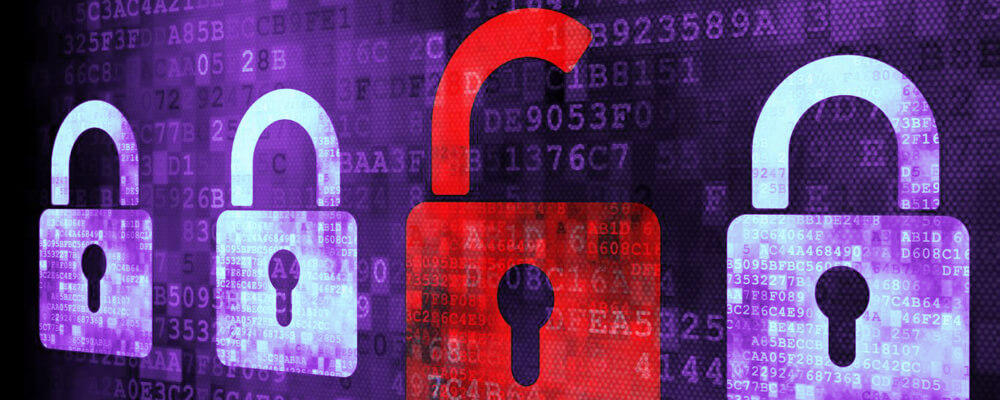Every morning we get into the office and have a scout around online for any news that’s relevant to us and the wider financial industry. So as you can imagine, the news of a certain bank being hacked over the weekend was a hot topic at the coffee machine on Monday morning.
Obviously we checked that none of us was a victim first, and luckily all of our accounts were intact… but it did raise other questions about how secure our money is.
We all remember the news from last year when ‘virtual pickpockets’ were using contactless technology to steal commuters’ card details on busy trains or charging them small amounts without them knowing, which caused many to go out and buy special protective wallets to hold their cards. But should we need to fork out extra for the technology banks are pushing onto us?
The hackers from the weekend apparently managed to drain £2,500,000 from 9,000 accounts… ouch. More than anything, it highlights the vulnerabilities of electronic monetary storage and payments. Obviously in the grand scheme of things, this is not common and a relatively small amount (but seriously, still £2.5m!) was taken by the hackers, but experts are warning other banks to expect similar attacks to happen soon…
The news brought back an idea that we blogged about a few weeks ago – to keep a bit of cash stashed away. Not necessarily under your mattress, but having enough cash safely stored somewhere in your house means that you always have emergency funds to fall back on… and realistically, it’s the only way to defend against hackers getting access to your money.
We obviously hope that this doesn’t become a common occurrence, but it’s worth noting the risk of having multiple electronic access points to our cash, and the need for a contingency plan to survive if electronic payment systems fail.
